In the last few years alone, we’ve had several event cycles during a pretty short timeline. We went from the traditional full-fledged in-person events to no events due to COVID, then we were forced in a way to go virtual – don’t get me wrong, I’m one of the few event profs out there that loved virtual events, then with the vaccine and a bunch of restrictions in place, we went back to in person for a little while, with virtual still being pretty strong, and then the covid-variants came and that put a halt on our in-person ambitions, but then by the second part of 2022 the floods of events opened, and everyone was planning an in-person event with virtual or streaming being part of the event, somewhat.
And now with the post-Covid pre-recession herald happening, planners once again are faced with a new cycle of either putting the breaks back on, or pushing into 2023 full steam ahead.
All that to say, even the strongest of us would have had moments of anxiety, fear, doubt, discouragement, grief, even depression. In a previous post I shared my own concerns with how to navigate the event season the best way possible, as well as my own strategies built to do so.
All the event cycles that we’ve navigated so far have only highlighted the importance of mental, emotional and physical fitness for event professionals, and not only event profs, but everyone that’s committed to living their life in the best shape possible, mentally and physically.
Physical fitness should matter if you want to become stronger, leaner, have more energy or endurance during long event days, become less prone to accidents and injury because you are now functioning at a higher state of health, and have become “fit.” 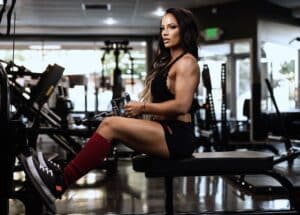
All of our life, however, we’ve been thought to associate physical fitness as a means to fixing something: you’re overweight, you’ve got to lose some weight, you’re broken in some way and fitness is the way to ‘fix it”. What I realized through my own fitness journey is that becoming physically fit has helped me gain so much more than just the outer appearance of what that might look like, the by-product of my physical fitness has become mental fitness. I’ve gained so much more strength mentally and overcame mental blocks that years of therapy were not able to fix. Unbeknownst to me, I’ve become mentally fit.
Fit to respond to the demands and challenges of every day and every event, fit to be present, and develop positive emotions. Mental fitness as a by-product of physical fitness gives you improved cognitive function, the ability to develop healthy and positive habits in all areas of our life, focusing more on your strengths, helps you build confidence, self-esteem, self-compassion and self-love. Your belief in your abilities increases, and so does empathy as a result of becoming physically, emotionally, and mentally fit, so you truly get to enjoy life at the highest level.
Fitness has always been a huge part of my life, before I embarked into this new journey of becoming a natural bodybuilder athlete that has taken home several first-place awards, I have been constantly active in the fitness community, doing CrossFit and partaking in Spartan and Running Races. While the post-pandemic onslaught of back-to-in-person events with traveling for events at a times high, became a reality, I knew for myself that in order to support that type of demand, I had to become physically and mentally fit like I haven’t been before. My mental fitness just like my physique started to improve tremendously as a by-product of all the hours spent in the gym. As I was building muscles and strengthening my core, I was strengthening my mind.
You don’t just fall into becoming healthy and fit. You have to plan for it.
Taking steps to build our mental fitness enhances our ability to cope with stress and improves our physical health, productivity at work, relationships, overall happiness, and that confidence that I mentioned earlier. And the best and most successful way to build your mental fitness is by building your physical fitness. But in order to build your physical fitness, especially as an event professional, you’ve got to plan for it. You don’t just fall into becoming healthy and fit. You plan for it. And sticking to your plan and the strategies I’ve built for myself helps me go on for days without ever feeling tired, burned out or just done for. Planning takes several aspects.
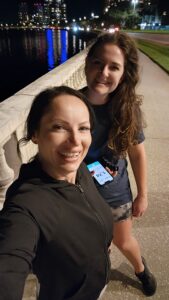
- Planning for my own nutrition needs matters as much as planning for a successful event does, being aware of the type of choices I make in fueling my body, I keep a very tight log of my macros, I always know how many calories and what kind I consume because knowing exactly what and how much goes into my body, helps me map out the kind of energy I have available to me for whatever the day throws at me, as well as the type of effort my body requires to perform in order to use that energy effectively. Being intentionally about packing healthy snacks for the times when I am on an event site and can’t break away for lunch or dinner. Protein powder, bars, healthy snacks, a refillable water bottle, and drinking water throughout the day, staying away from sugary treats, and any carb-loaded trappings that any event buffet table is full of, staying away from snacking and nibbling, consuming very little to no alcohol, there’s plenty of carbs in those drinks, and the type of drink I’d have at some social or networking function is always the least carb-loaded available, vodka and soda is a perfectly fine drink, in moderation, if you must have a drink. I plan my meals when I go out so, say if I am going to an unfamiliar place, I will study the menu ahead of time and plan my meal based on what is my macro allowance left for that day.
- Planning my lodging to include a gym, and blocking time in my schedule to allow for physical activity. When I am traveling for events I am always packing a set of resistance bands so that if the hotel that I am staying at does not have a gym, I can still do my programming in the hotel room. I plan my fitness programming for when I am on the road as a set of exercises that I can do without needing any gym equipment. There are an entire blend of activities to maintain the health and well-being of our body, with the goal of developing muscles that help us function better in our day-to-day life. When you plan well, the only stopper becomes you. I know that the idea of adding a workout to an already long workday sounds painful at first, yet the endorphins gained by this one small effort will be well worth the pain. During one of the recent events, when we had to be up at 3:30 am every day, and work super long hours (14 to 16ish), I convinced my coworker to go for a run in the evening, it was a beautiful evening in a beautiful city with a beach, and we managed to get a 5K run in, a crazy fit for anyone that just worked 16 hrs that day, yet the energy gained back was totally worth the initial effort to get our running legs on. And so. Endorphins can certainly be the gift that keep on giving.
When you plan well, the only stopper becomes you.
In conclusion,
When it comes to my own strategies, these strategies that work for me might not work for everyone else, but that’s where knowing yourself, being aware of the season you’re in and your own limitations, plays a huge role in creating strategies that work for you. As a business owner, a technical director that travels for events in many hands-on technical production roles, as a creator, a podcast host and producer, not just of my one podcast, but also producing a few other podcast shows for our clients, as a wife and mom of small growing kids, planning my schedule to the “T” is primordial to keep myself physically and mentally fit, as boring and unpredictable as that might sound. I daily block time out of my schedule for one to two hours long workouts, and that time in the gym is when my mind comes up with the best solutions to challenges I’m facing, may those challenges be of a professional or personal nature, that’s when I am the most creative and I come up with the best ideas and topics for my next event, or next blog, video, podcast, reel – whatever it is that I am producing or working on.
So while for others those hours in the gym might seem like a waste of time, taking away from building a business, for me, those hours are the most productive mentally, not just physically. The next strategy is my nutrition, being extremely aware of the type of choices I make in fueling my body, I keep a very tight log of my micros, I know how many calories I consume because knowing exactly what and how much goes into my body, helps me map out the kind of energy I have available to me for whatever the day throws at me, and the type of effort my body requires to use that energy effectively. Balancing that regimented schedule with fun, constantly learning new things, reading and listening to audiobooks, and looking at rest like a to-do list so I don’t skip it, are the other legs of this four-legged table that keeps me grounded, physically and mentally healthy, capable to tackle any challenges that come my way.
Check out the latest episode of the Events: demystified Podcast tackling Mental and Physical Fitness head on this season.
Would you be interested in some tips on how to make your event more effective & cost-efficient given the state of the industry? Book a time for us to connect at your earliest convenience.
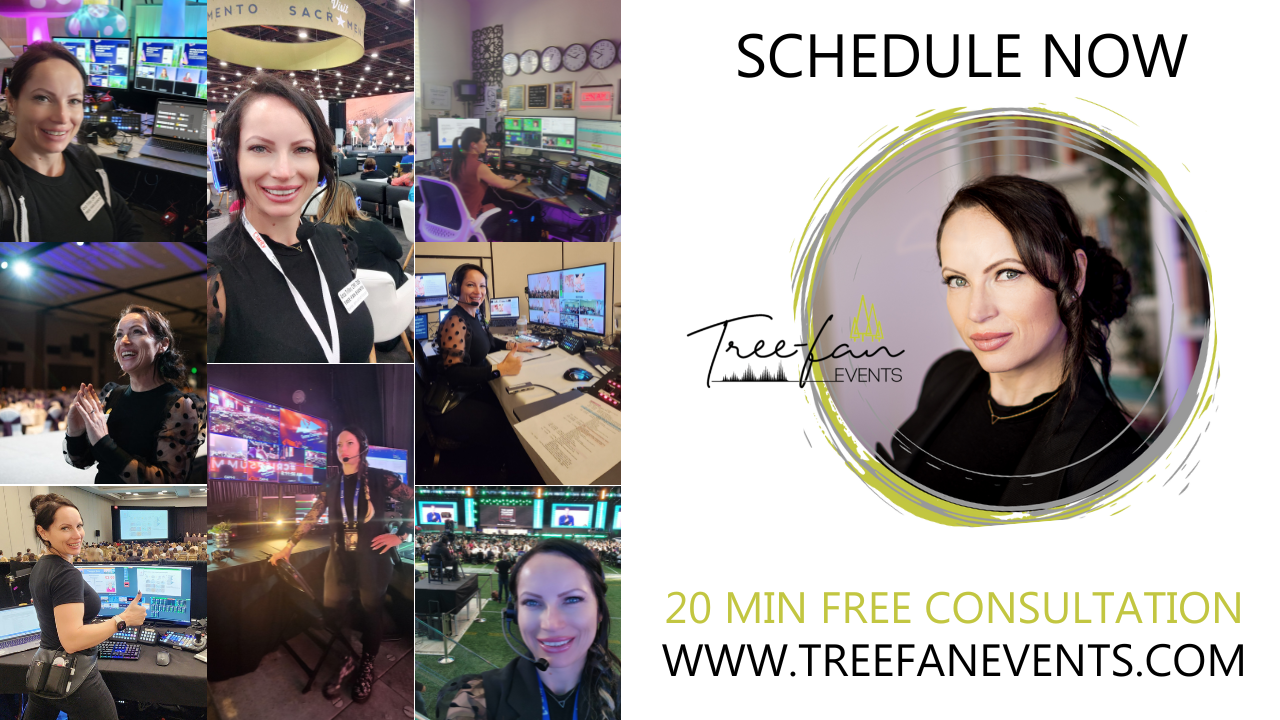

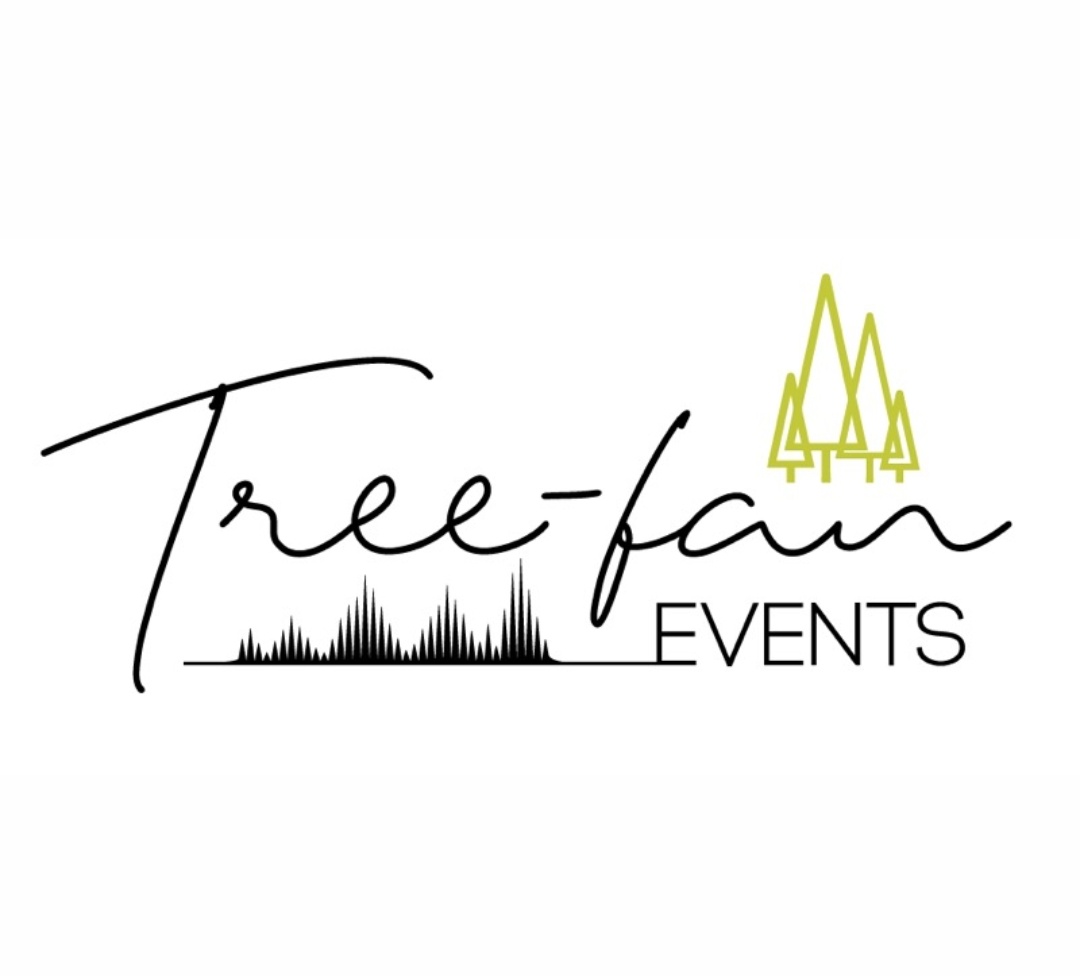
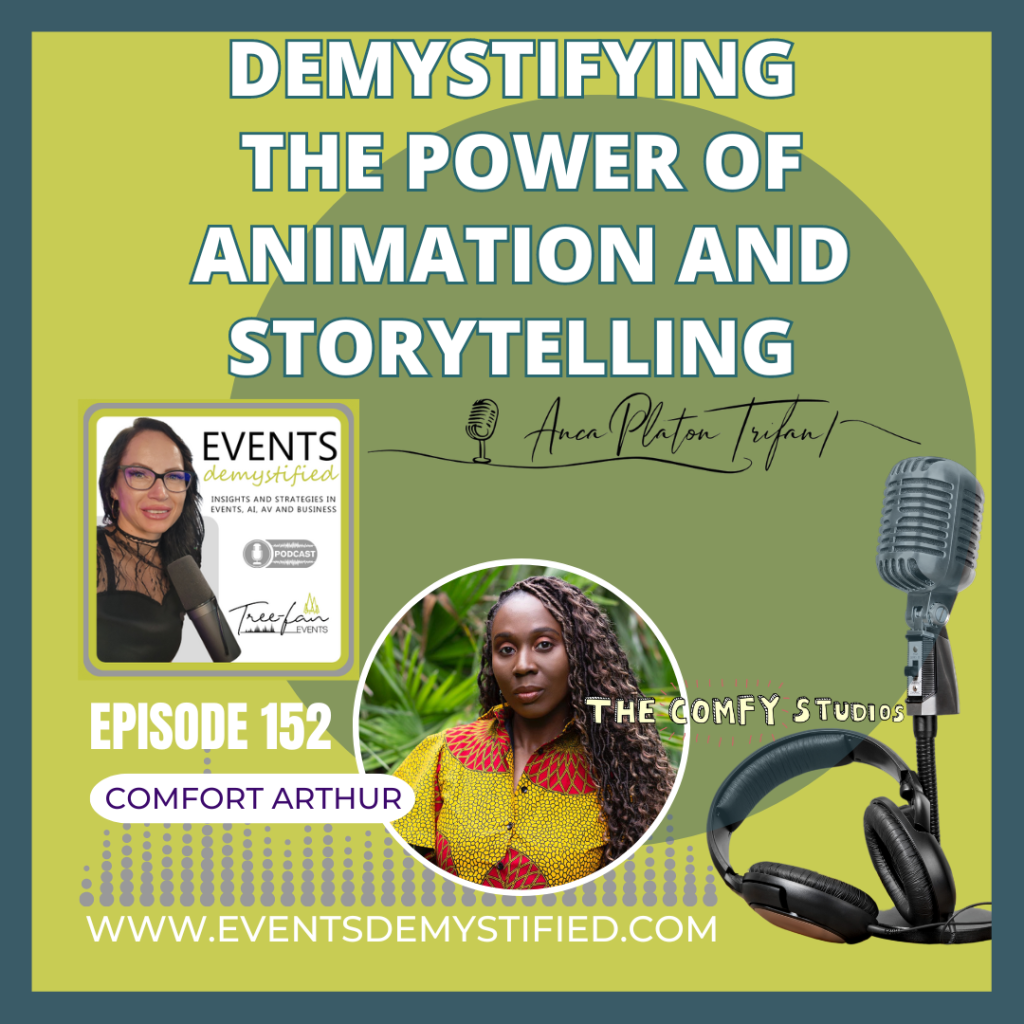
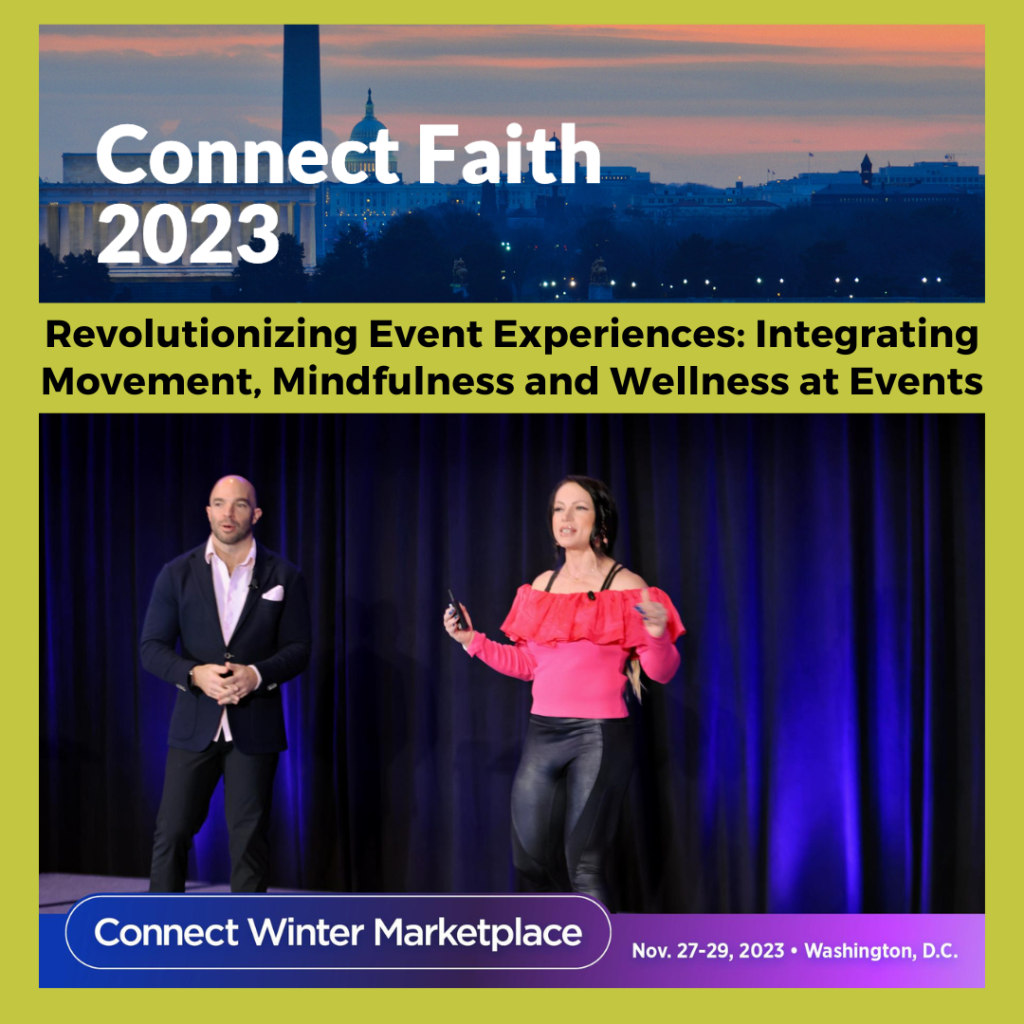
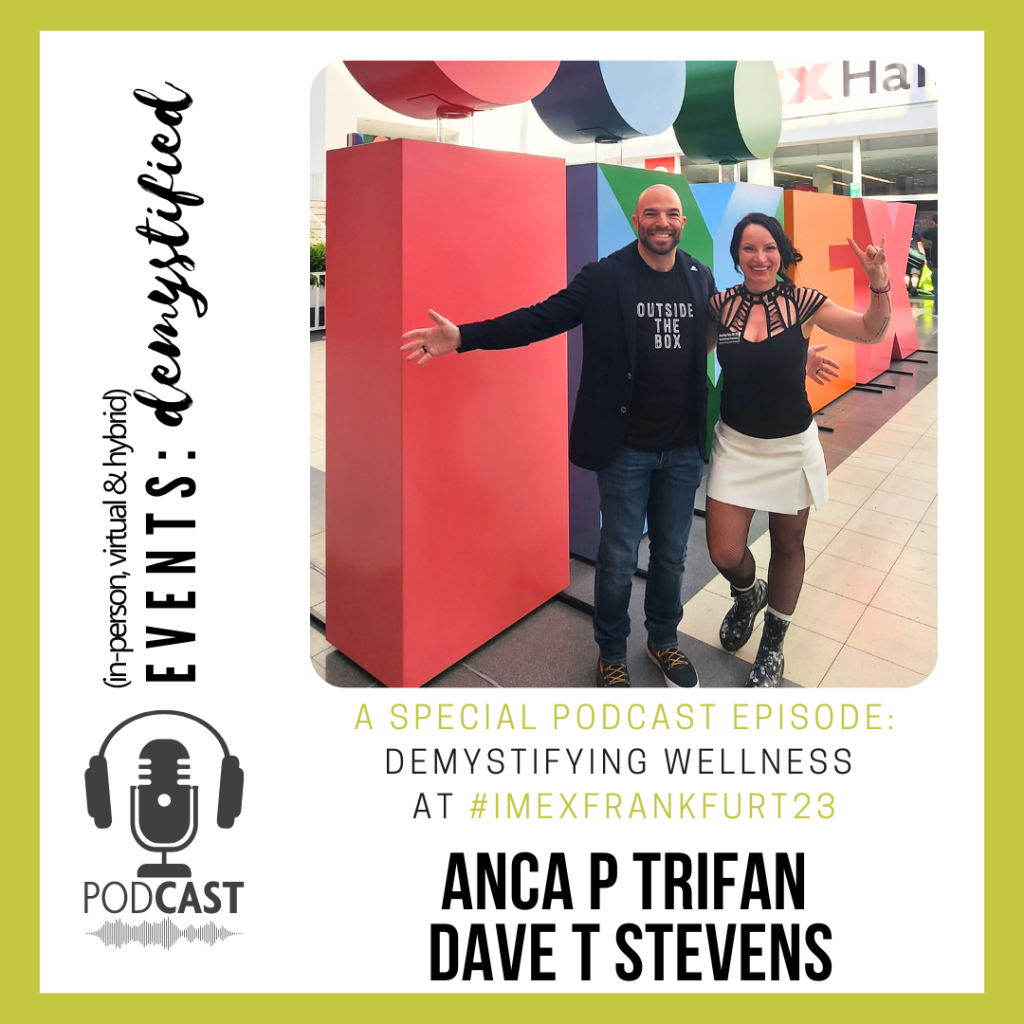
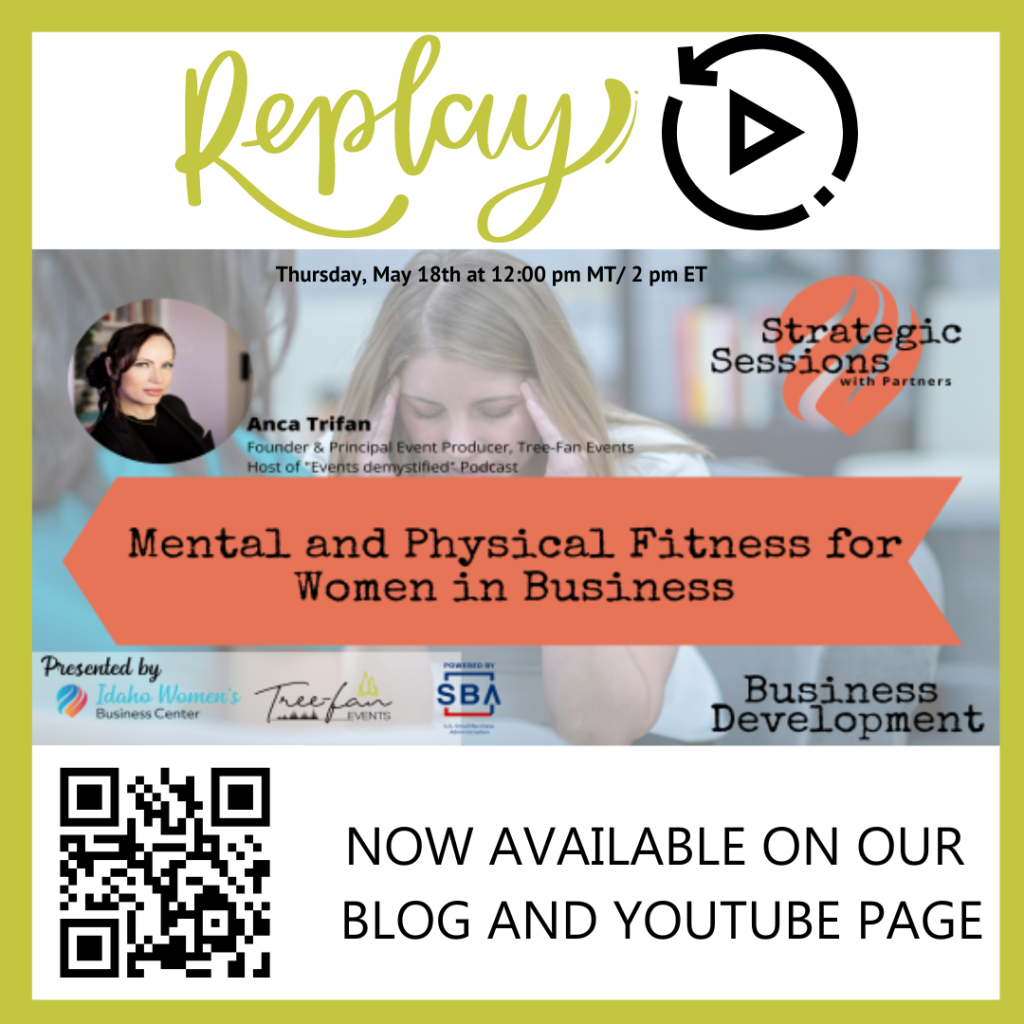
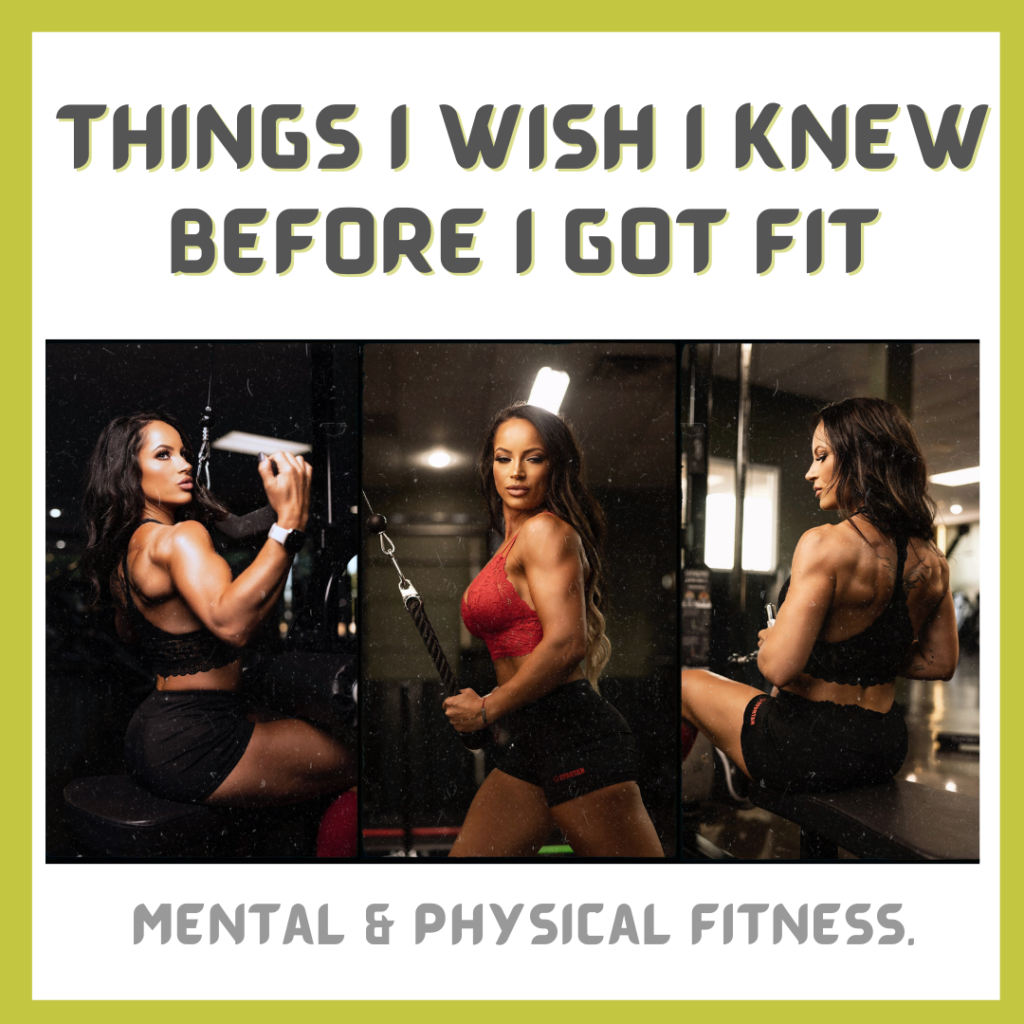
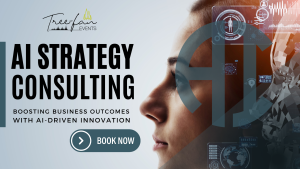
One thought on “Mental fitness as a byproduct of physical fitness”
Comments are closed.